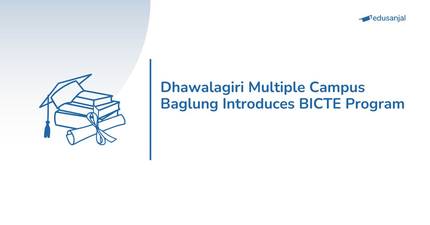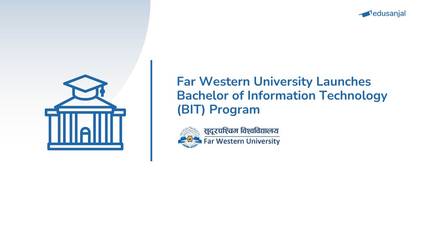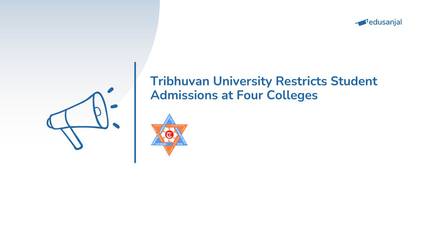In a compelling panel discussion titled 'How to Retain Students in Nepal,' organized by Edusanjal, key stakeholders and educationists highlighted the urgent need to liberate universities from political interference to foster quality education and produce skilled human resources tailored to Nepal's needs and demands.
During the event held today at Hotel Himalaya, distinguished speakers emphasized that political interference in higher education has led to a decline in the attractiveness of university education among the youth, resulting in an alarming exodus of young talent seeking opportunities abroad.
 Addressing the gathering, Prof Dr Achyut Wagle, Registrar of Kathmandu University, likened the debate on higher education reforms to opening Pandora's Box. He stressed the importance of changing the mindset of political parties to ensure higher education's quality, and urged universities to introspect and evolve their approach to improvement.
Addressing the gathering, Prof Dr Achyut Wagle, Registrar of Kathmandu University, likened the debate on higher education reforms to opening Pandora's Box. He stressed the importance of changing the mindset of political parties to ensure higher education's quality, and urged universities to introspect and evolve their approach to improvement.
Similarly, Vice-Chancellor of Mid-West University, Nanda Bahadur Singh, emphasized the necessity of liberating universities from political influence to make Nepal an attractive educational destination for the youth. He advocated for transparent selection processes for university officials and teaching staff, along with the abolition of the syndicate system in universities. Singh suggested linking education with skills and aligning earnings with learning as measures to retain youth talent and prevent brain drain.
Shilu Manandhar, Vice-Chancellor of Nepal Open University, expressed concerns over the Act's limitations hindering the university's progress despite opportunities for domestic growth.
Ramesh Silwal, President of Higher Institutions and Secondary Schools' Association Nepal (HISSAN), on the other hand, urged universities to adhere to the academic calendar, exercise leadership effectively, and protect themselves from privatization.
 However, Prof. Dr. Shri Krishna Giri, Vice-Chairman of the Medical Education Commission, expressed optimism and noted a increase in foreign students for medical studies in Nepal. He said that after the establishment of the commission, there has been a reduction in the number of Nepali students pursuing medical education overseas.
However, Prof. Dr. Shri Krishna Giri, Vice-Chairman of the Medical Education Commission, expressed optimism and noted a increase in foreign students for medical studies in Nepal. He said that after the establishment of the commission, there has been a reduction in the number of Nepali students pursuing medical education overseas.
Federal Lawmaker and Member of the Education, Health, and Information Technology Committee, Bidya Bhattarai, stressed the need to address the increasing trend of students seeking education abroad and transform the societal norm of overseas education into a concern. Bhattarai called for policy-level attention from not only the Education Minister but also the Prime Minister to tackle this issue.
Former Education Minister and committee member, Devendra Poudel, expressed support for office-bearer selections through open competition and questioned the delay in implementing the academic calendar, conducting examinations, and publishing results.
 Bidur Acharya, Chief Executive Officer of Edusanjal, underscored the importance of identifying challenges in higher education and urging stakeholders to seek prompt solutions.
Bidur Acharya, Chief Executive Officer of Edusanjal, underscored the importance of identifying challenges in higher education and urging stakeholders to seek prompt solutions.
The panel discussion concluded with a consensus that releasing universities from political interference is a crucial step towards nurturing quality education and retaining talented students within Nepal, ensuring a brighter future for the nation.












